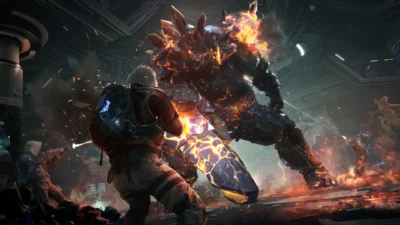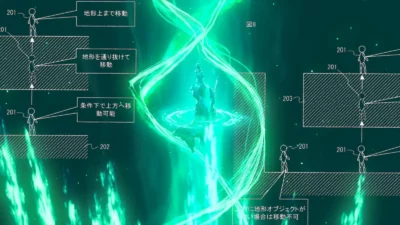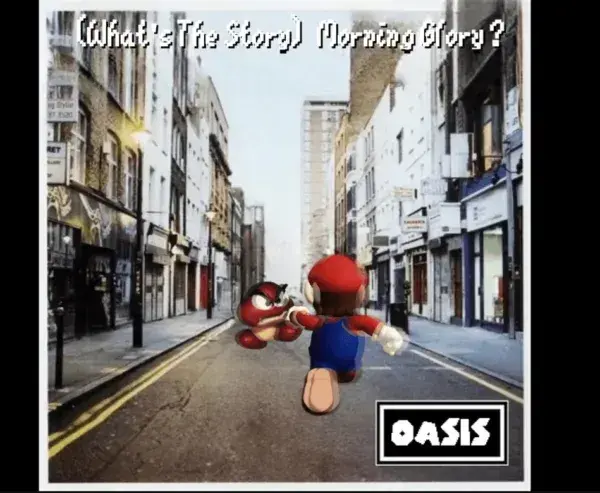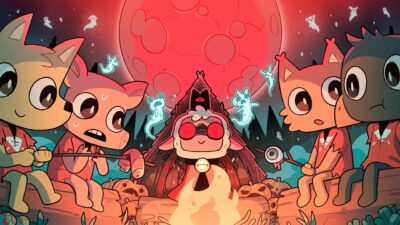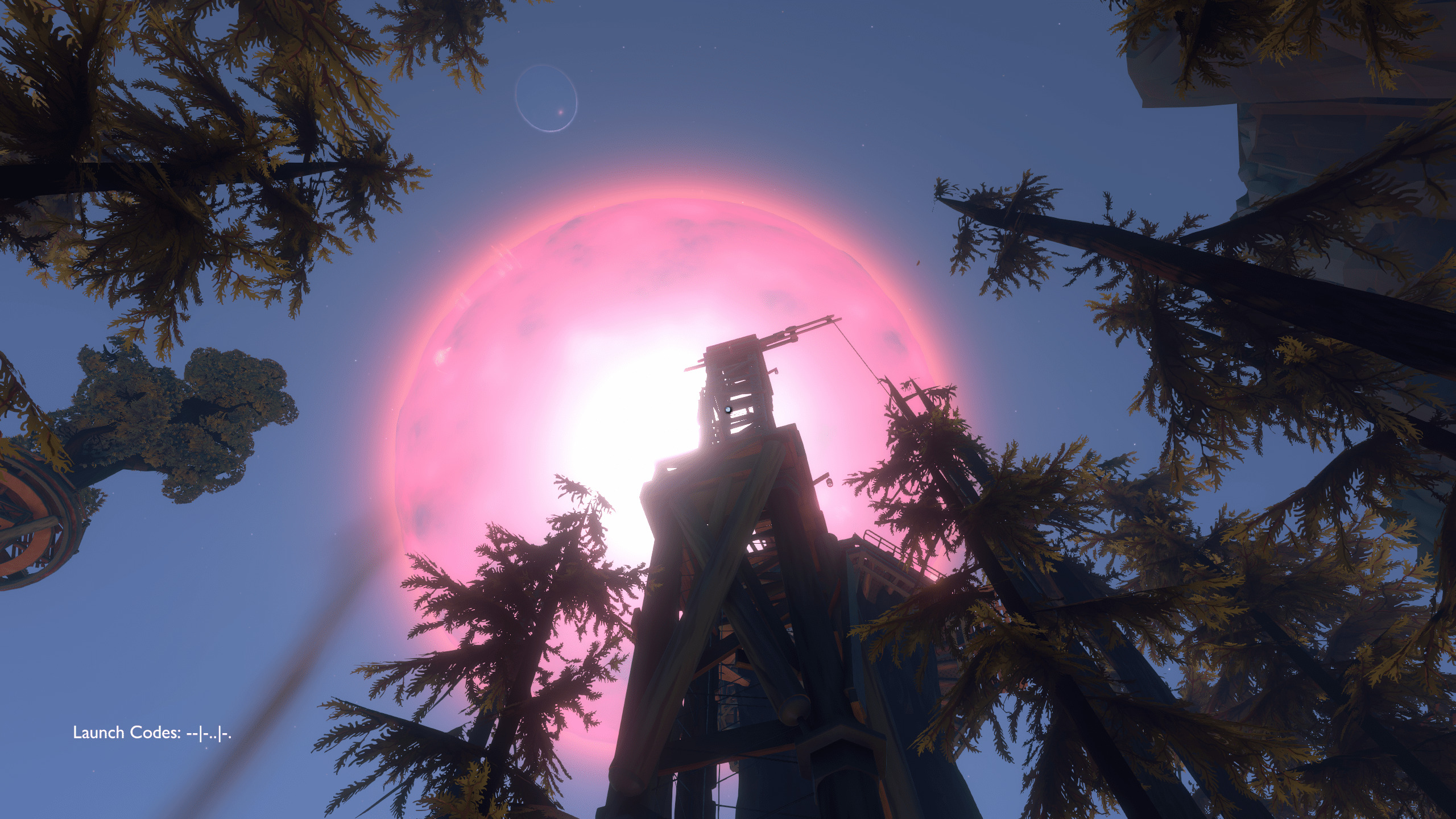
I desperately want to get better at Outer Wilds. I’m a few hours in now, and I’ve died horribly from coming into contact with something called ‘ghost matter’ on a lonely planet. I’ve wandered among ancient, alien buildings and then been flung into the air so powerfully by a rogue weather system that I’ve wound up in a planet’s upper orbit. I’ve accidentally crashed into the side of deserted space stations; I’ve foolishly sling-shotted my craft straight into the fiery depths of a nearby star.
It’s fair to say, then, that I’m a bit rubbish at Outer Wilds. Yet there’s still something intoxicating about its homemade-looking spacecraft, which look like they’ve been knocked together out of some dustbins and bits of scrap wood. The soundtrack, by Andrew Prahlow, is a wonderful mix of ambient sounds and the cosy twang of banjo strings.
Then there’s its overarching air of mystery: why am I trapped in a time loop, forced to either die over and over, or watch as the solar system itself dies in a startling blue flash? What does it have to do with a seemingly extinct alien race of beings, the Nomai, whose texts I’m asked to decipher with my handy translation machine?
I like how Outer Wilds treads the line between whimsy and intense sim. You play a brave space explorer, but you also happen to be a four-eyed amphibian rather than a human. Your craft is fragile and needs frequent repairs, yet those repairs simply require you to land, get out, and hold down a button on the damaged areas. Planets orbit one another, and require careful navigation (or judicious use of your autopilot function) to safely land on, but the game’s universe is charmingly bite-sized. Like Super Mario Galaxy, Outer Wilds’ worlds are compact spheres of hidden texts, puzzles, and mysteries. Sometimes there are strange structures orbiting those planets, too, which you can dig around in for nuggets of lore or clues as to where you need to go next.
Outer Wilds doesn’t offer the illusion of a full-scale universe as Elite Dangerous or No Man’s Sky do, but the sense of being a lone space explorer is still as palpable as it is in either of those games. It’s also bloody frustrating at times.

I’m about to crash again, aren’t I.
You can be watching in awe-struck wonder as the aliens’ language unfurls in spirals, its arcane shapes morphing into the English alphabet on your translation device’s monitor, but then the moment is ruined as you’re flung to another part of the planet by an unexpected storm.
As Malindy Hetfeld laid out in her review, deaths can occur suddenly and often in Outer Wilds, and the ability to simply climb back in your ship and blast off again doesn’t entirely ease the building sense of irritation – sure, each loop is a maximum of 22 minutes long, but when you were achingly close to uncovering a new revelation, having spent a chunk of your precious time precisely landing your craft and picking your way to the right place, only to find your life snuffed out by a fiery chunk of space debris, it was enough to leave me swearing at my PC monitor like a particularly famous TV chef.
Mobius Digital’s game has a certain way of working its way into the imagination, though. At one point, I got so tired of my brittle craft bouncing off various bits of the solar system, I simply stopped. I looked up at the sky from the vantage point of my home world, Timber Hearth, and watched as time cycled between night and day, and the neighbouring planets drifted by. And I watched as the sun slowly grew in size and the death of my little solar system grew near. To my surprise, an urge to get moving again suddenly clicked in, and I found myself clambering back into my ship and blasting off into space. There were only a few precious minutes left before I – along with everything else – would be annihilated in a blinding flash, and I’d be sent tumbling back to the beginning again. But I realised that I wanted to explore anyway, just for exploring’s sake.

Your Outer Wilds ship is an adorably ramshackle thing.
I’m beginning to think that modern video game designers may have stumbled on something with games like Outer Wilds: that the medium is uniquely suited to give players phantasmagorical experiences – like falling through wormholes or experiencing first-hand the death of an entire planetary system. Cinema has come close, but even it can’t quite capture the sense of cosmic scale and awe that games such as Outer Wilds, No Man’s Sky, or Observation do in their most powerful moments.
I’ve only just started to scratch the surface of Outer Wild’s compact universe, but it undoubtedly has me in its cunning, uncertain grasp. If there’s a constant refrain in Outer Wilds, it’s that every minute is truly precious – and that even in the face of imminent death, we’re at our most alive when we’re immersed in the thick of it, roaming, exploring, and prodding at the mysteries of the universe.


